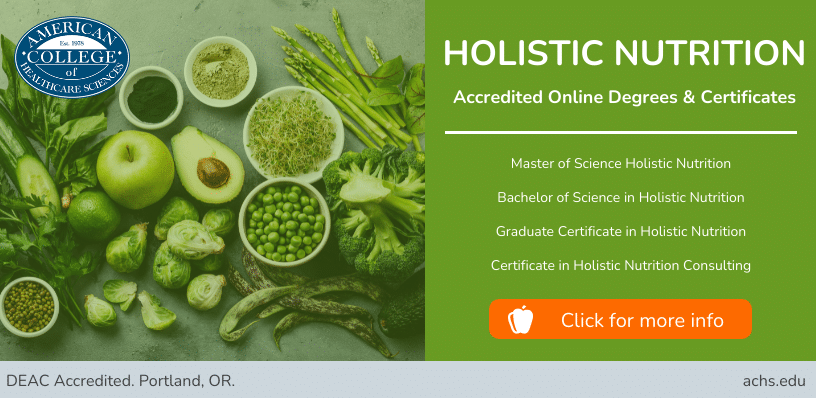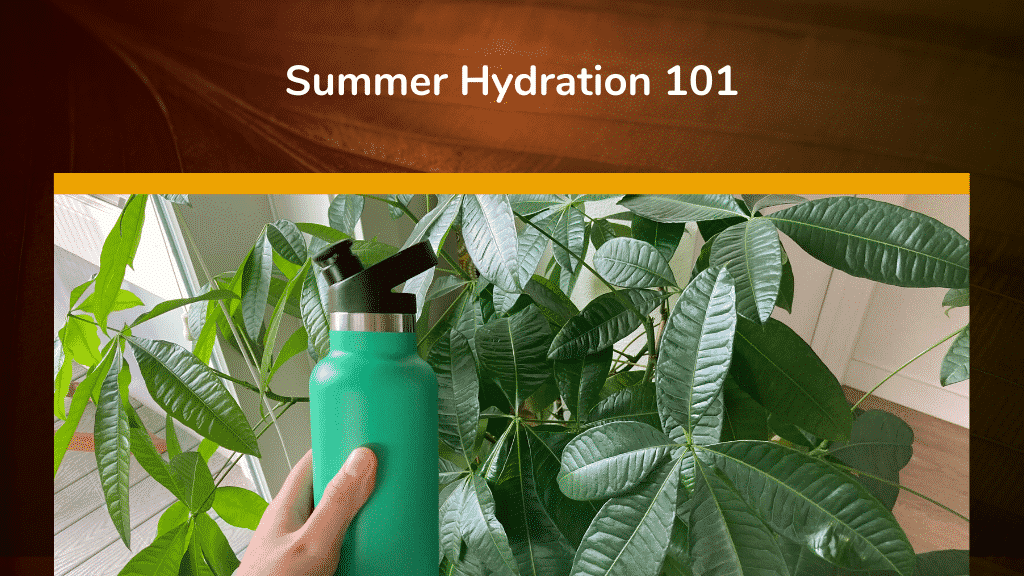
Written by Professor Abbey Skinner, MS, BS, HHP
Drinking plenty of water yet still feeling parched this summer?!?! Sometimes we forget (or never knew in the first place!) that it’s not just water in, water out… the amount, quality, and capability for the water to be absorbed at the cellular level is what hydration is all about! This blog post will teach you proven tips and tricks that will leave you feeling energized with glowing skin, and ready to go out and enjoy the summer sunshine.
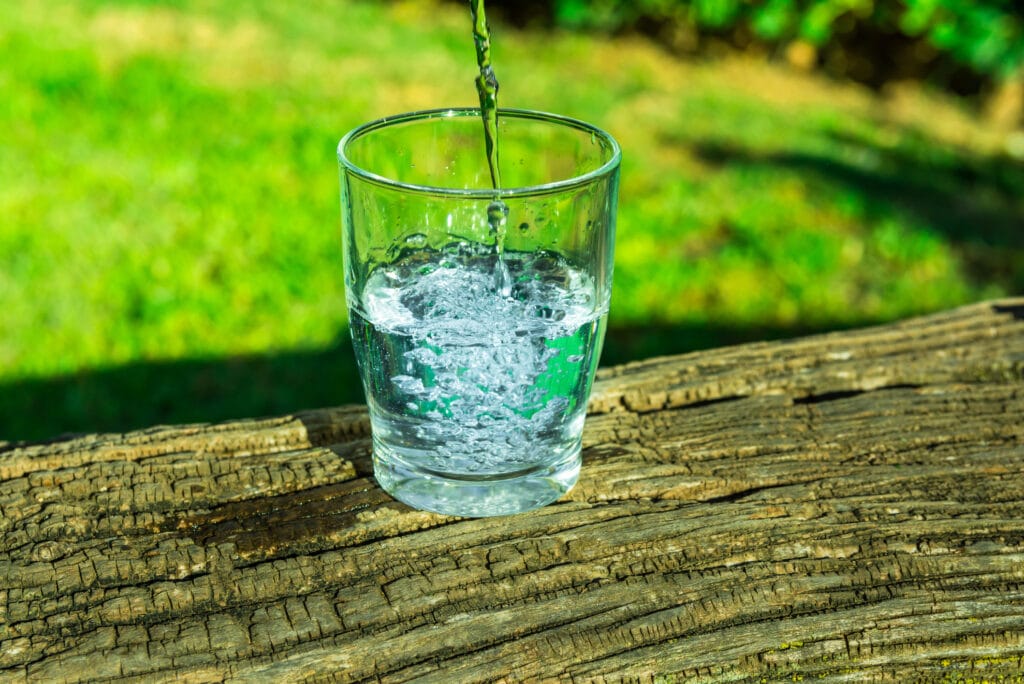
Amount:
Out with the old, in with the new! We’ve all heard the one size fits all approach… every “body” needs 8 cups of water a day (64 oz). The problem with that statement is that our body is made up of around 55% – 70% water depending on our gender and stage in life (Popkin, 2010 [1]). If you do the math, a 200-pound man and 140-pound woman would both require different amounts of water to keep their body functioning at an optimal, hydrated state. Therefore, the National Academies of Sciences Engineering Medicine state “we don’t offer any rule of thumb based on how many glasses of water people should drink each day because our hydration needs can be met through a variety of sources in addition to drinking water, but total water intake at the reference level of 3.7 liters for adult men and 2.7 liters for adult women per day covers the expected needs of healthy, sedentary people in temperate climates” [2]. The good news… there is more than one way to get water intake other than simply drinking water, which many of us find boring! Keep reading to learn these health secrets…
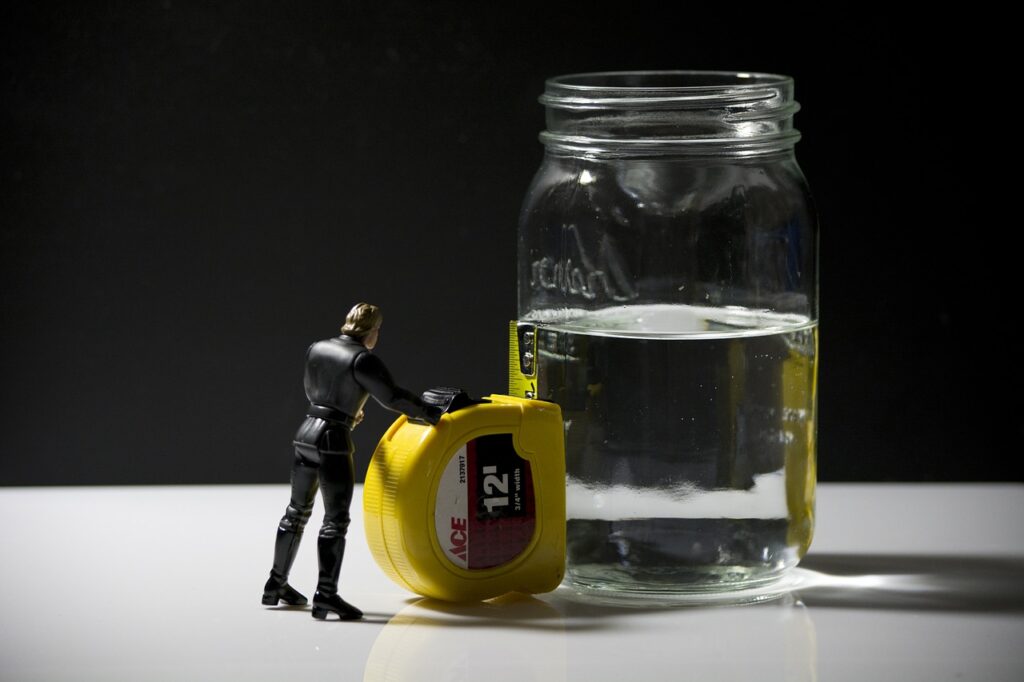
Quality:
Water, water, water… right? Nope! All water, just like food, is not created equal. What type of water do you have in your home – well, municipal (city/have a water bill), or do you purchase bottled water for drinking? You can check out the Environmental Working Group (EWG) water database to find out exactly what is in your water (yikes chlorine, fluoride and so much more!).
If you consume bottled water, I encourage you to call the manufacturer to inquire about its quality, regardless of what is advertised.
Bottom line, try your best to consume water that is as close as nature intended it to be, minus the bacteria and parasites! Most of us simply refer to this as spring water (hopefully from a close-by natural spring or found in a glass bottle at your local health food store).
Tip: Have your water tested to find out what’s in it. Once you determine the correct filter (if needed), test AFTER filtration to ensure you are consuming clean water. Water quality = cell quality… you are worth it!
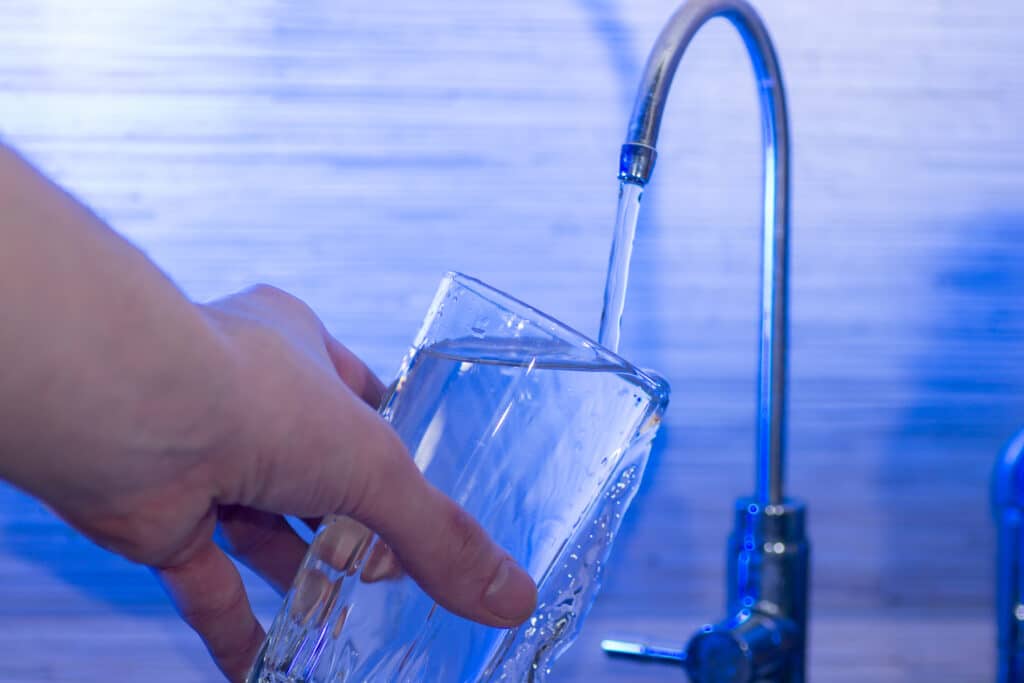
Absorption:
You drink the recommended amount of water daily, but still don’t feel hydrated… what’s going on?!?! Simple, water should have electrolytes in it, this is how it gets absorbed into the cell (cellular hydration). If you are drinking reverse osmosis or steam distilled water, this has been stripped of all minerals and therefore passes through the body without getting absorbed into the cell. The trick – add a pinch of sea or Himalayan salt to each glass of water you drink! Like magic, no more running to the restroom (especially during the middle of the night), and you will look and feel more hydrated!
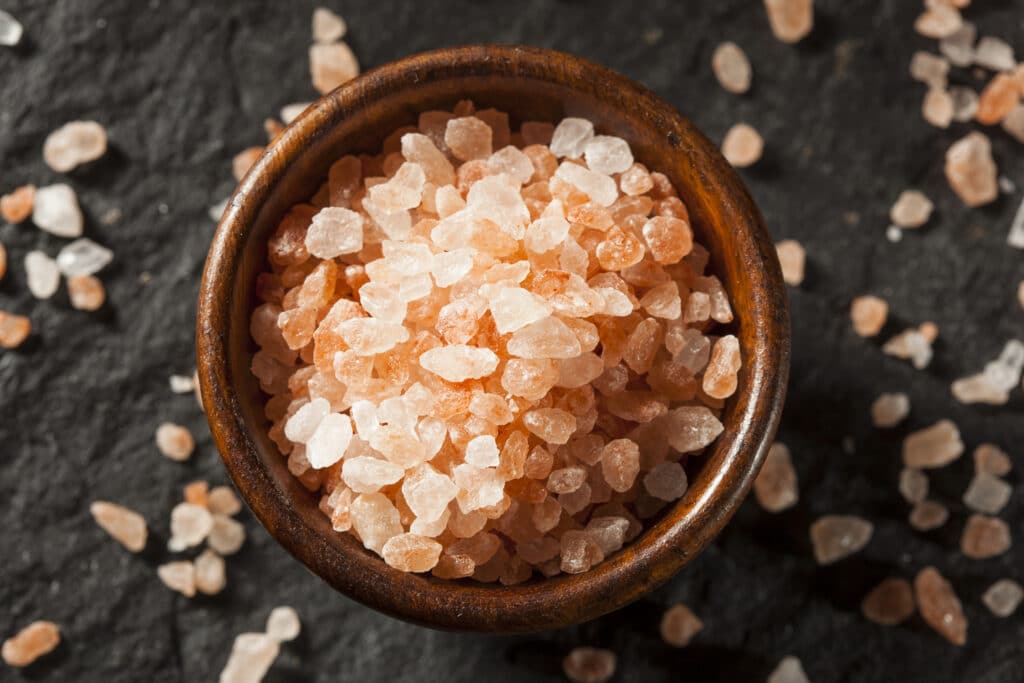
BONUS:
Certain fruits, vegetables, and seeds (chia to be exact) not only contribute to overall water intake but help the water to enter the cells, it’s a new science called “gel water”. There’s a great book by Dr. Dana Cohen called “Quench” [3] – I highly recommend this read if you want to take your water knowledge to the next level!
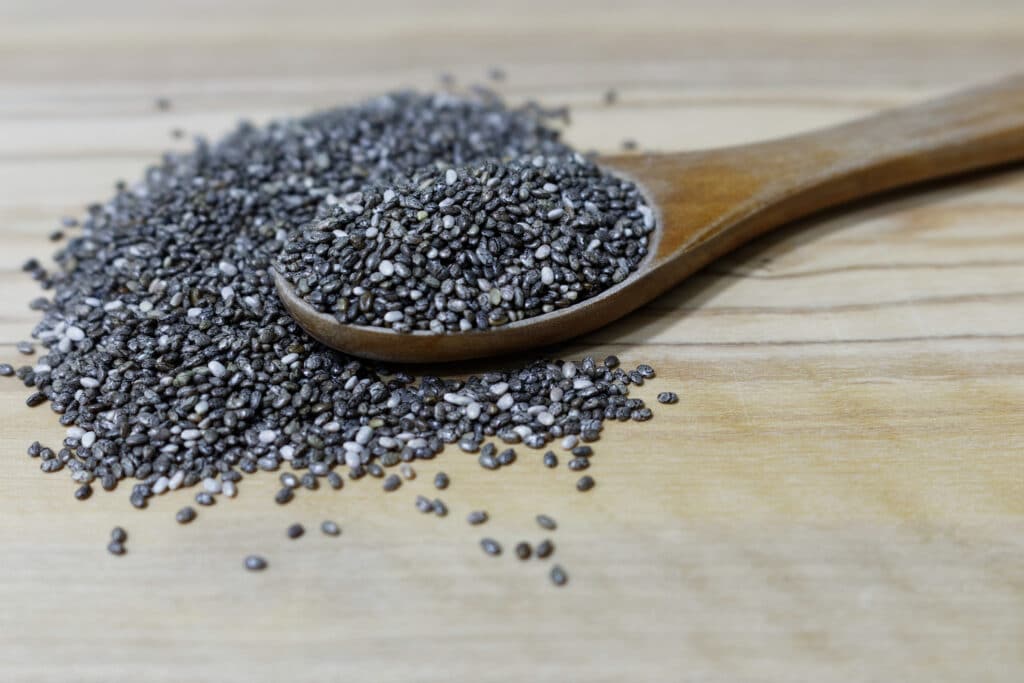
By applying the 3 fundamentals of hydration in your daily life, you will reap the benefits of having a hydrated body at the cellular level! Happy water drinking!
References:
[1]. Popkin, B. M., D’Anci, K. E., & Rosenberg, I. H. (2010). Water, hydration, and health. Nutrition reviews, 68(8), 439–458. https://doi.org/10.1111/j.1753-4887.2010.00304.x
[2]. Institute of Medicine. 2005. Dietary Reference Intakes for Water, Potassium, Sodium, Chloride, and Sulfate. Washington, DC: The National Academies Press. https://doi.org/10.17226/10925.
[3]. https://drdanacohen.com/book/
About the Author
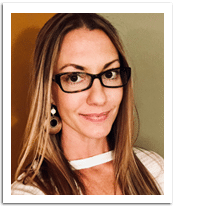 Abbey earned her Bachelor of Science degree in Alternative Medicine in 2011 and her Master of Science degree in Nutrition and Integrative Health in 2019. She’s had a passion for holistic health since the age of 8 (you’ll just have to take one of her classes to find out why!) and discovered her love for teaching while serving on a 3-year special duty assignment as an instructor at the Community College of the Air Force campus in San Antonio, TX. In May of 2014 she separated from 14 years of active-duty Air Force service to pursue her dreams of learning, educating, teaching and helping others on their health journey.
Abbey earned her Bachelor of Science degree in Alternative Medicine in 2011 and her Master of Science degree in Nutrition and Integrative Health in 2019. She’s had a passion for holistic health since the age of 8 (you’ll just have to take one of her classes to find out why!) and discovered her love for teaching while serving on a 3-year special duty assignment as an instructor at the Community College of the Air Force campus in San Antonio, TX. In May of 2014 she separated from 14 years of active-duty Air Force service to pursue her dreams of learning, educating, teaching and helping others on their health journey.
Disclosure of Material Connection: I am a faculty member at the American College of Healthcare Sciences, the Institution that publishes this blog. However, all opinions are my own. This blog may contain affiliate links. I am disclosing this in accordance with the Federal Trade Commission’s 16 CFR, Part 255: “Guides Concerning the Use of Endorsements and Testimonials in Advertising.”
Disclaimer: This article is for informational purposes only. It is not intended to treat, diagnose, cure, or prevent disease. This article has not been reviewed by the FDA. Always consult with your primary care physician or naturopathic doctor before making any significant changes to your health and wellness routine.
About American College of Healthcare Sciences
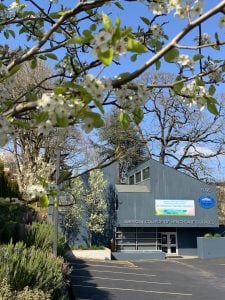 American College founded in 1978, is a fully online accredited institute of higher education specializing in holistic health. Based in Portland, OR; our goal is to make research-driven and science-based holistic health education taught by industry-leading experts accessible to anyone anywhere while still giving students a hands-on experiential learning experience like a traditional college and a strong sense of community, school pride and student bond.
American College founded in 1978, is a fully online accredited institute of higher education specializing in holistic health. Based in Portland, OR; our goal is to make research-driven and science-based holistic health education taught by industry-leading experts accessible to anyone anywhere while still giving students a hands-on experiential learning experience like a traditional college and a strong sense of community, school pride and student bond.
This commitment to our students and graduates reflects in our current survey results that reflect 98% of our students would recommend ACHS to a friend or family member.
We believe education is the most powerful tool for changing an individual and the world around us.
When a person enrolls as ACHS, it is vitally important that they graduate with tools they need to forge their own holistic and sustainable missions, build up their communities confidently and changing the face of healthcare with knowledge.
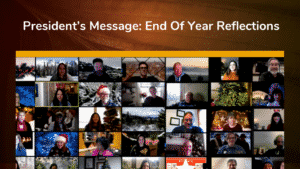 President’s Message: End Of Year Reflectionsby American College of Healthcare Sciences●December 31, 2020
President’s Message: End Of Year Reflectionsby American College of Healthcare Sciences●December 31, 2020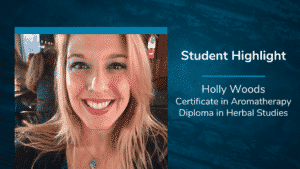 Student Highlight: Wife and Husband Team Start New Businessby American College of Healthcare Sciences●December 22, 2020
Student Highlight: Wife and Husband Team Start New Businessby American College of Healthcare Sciences●December 22, 2020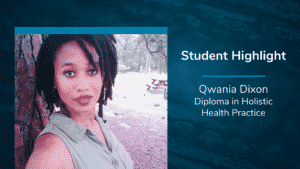 Student Highlight: Holistic Health, Gratitude, and Smoothies |achs.eduby American College of Healthcare Sciences●December 17, 2020
Student Highlight: Holistic Health, Gratitude, and Smoothies |achs.eduby American College of Healthcare Sciences●December 17, 2020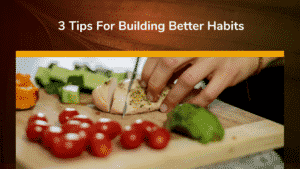 3 Tips For Building Better Habitsby American College of Healthcare Sciences●December 10, 2020
3 Tips For Building Better Habitsby American College of Healthcare Sciences●December 10, 2020
